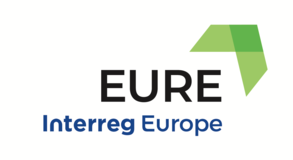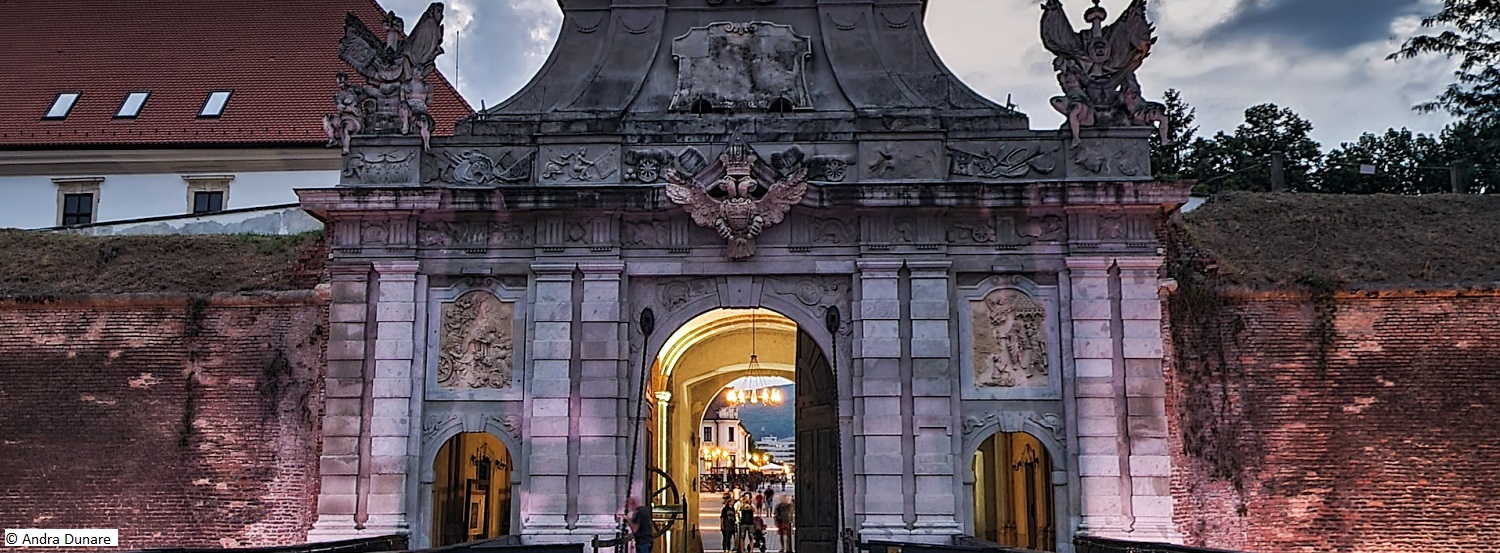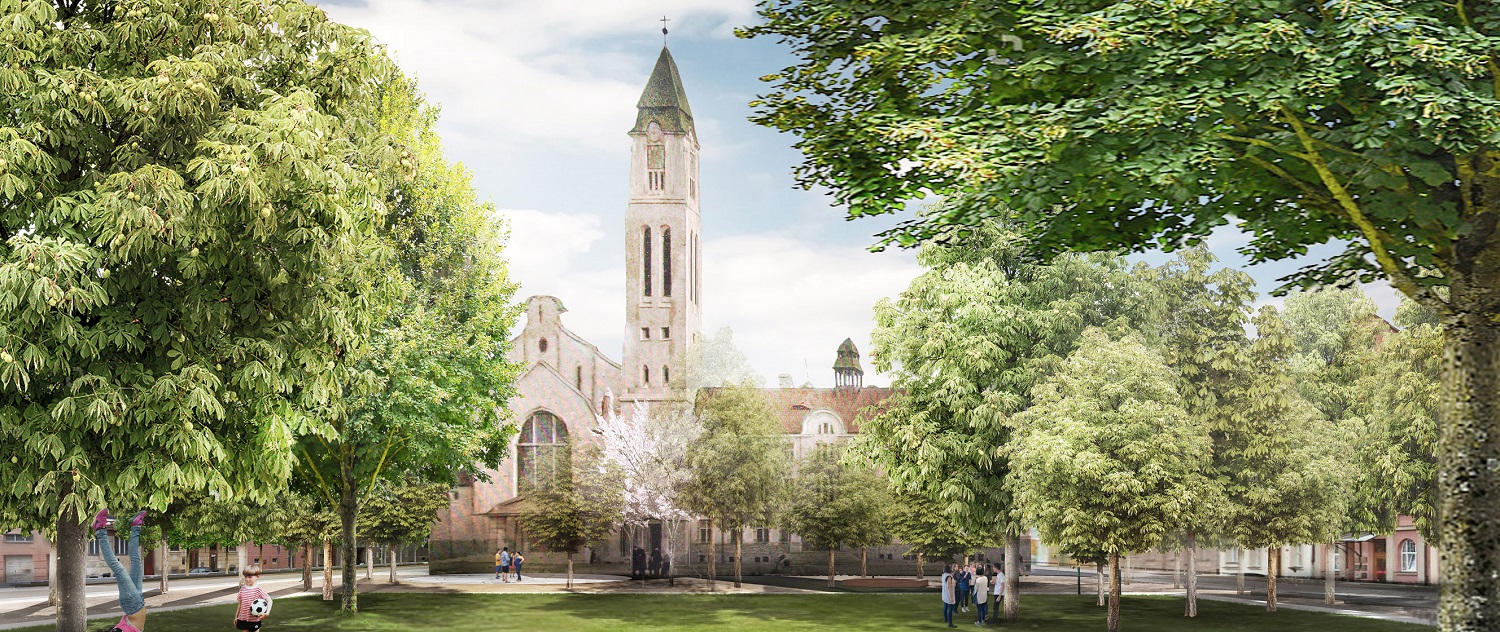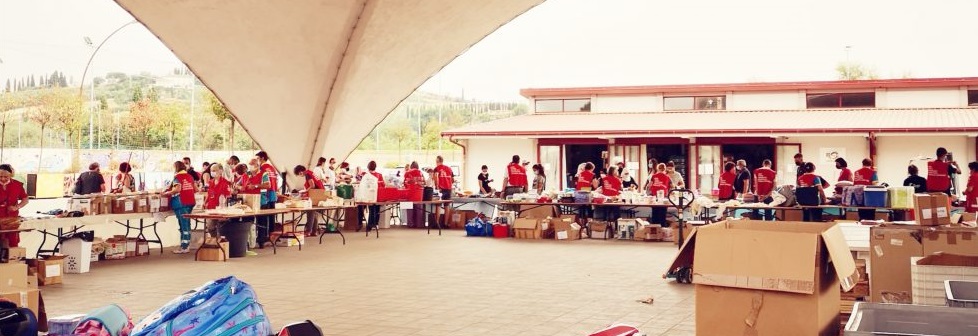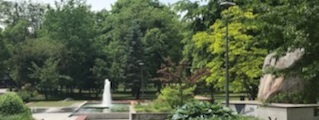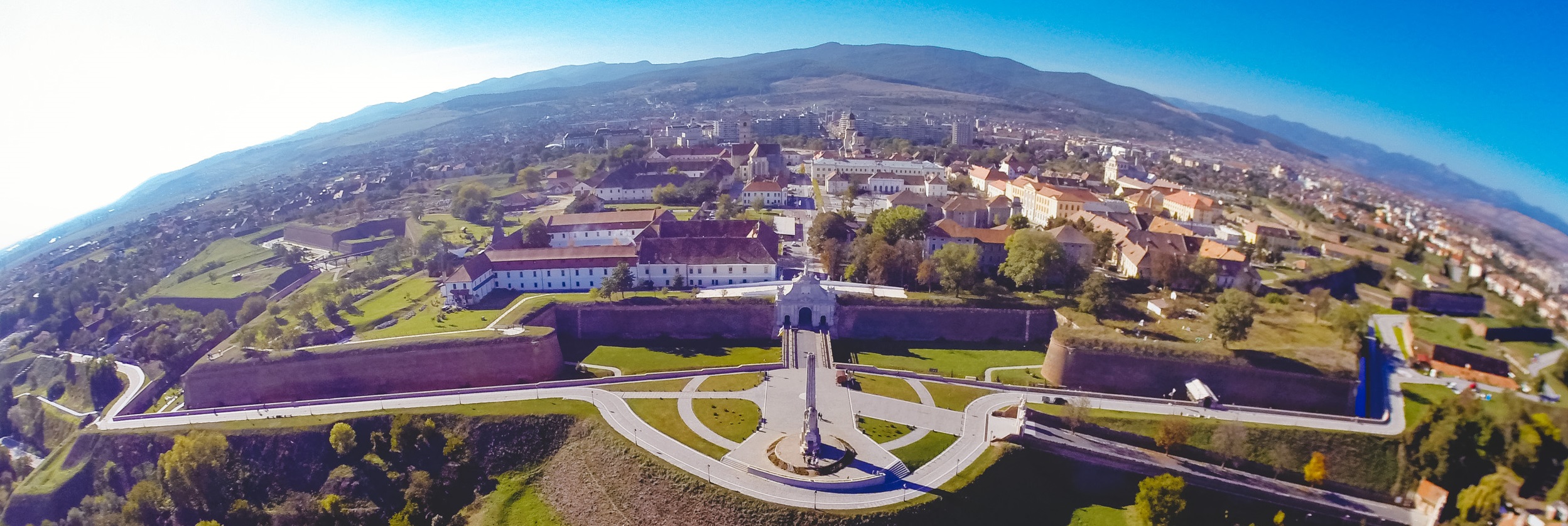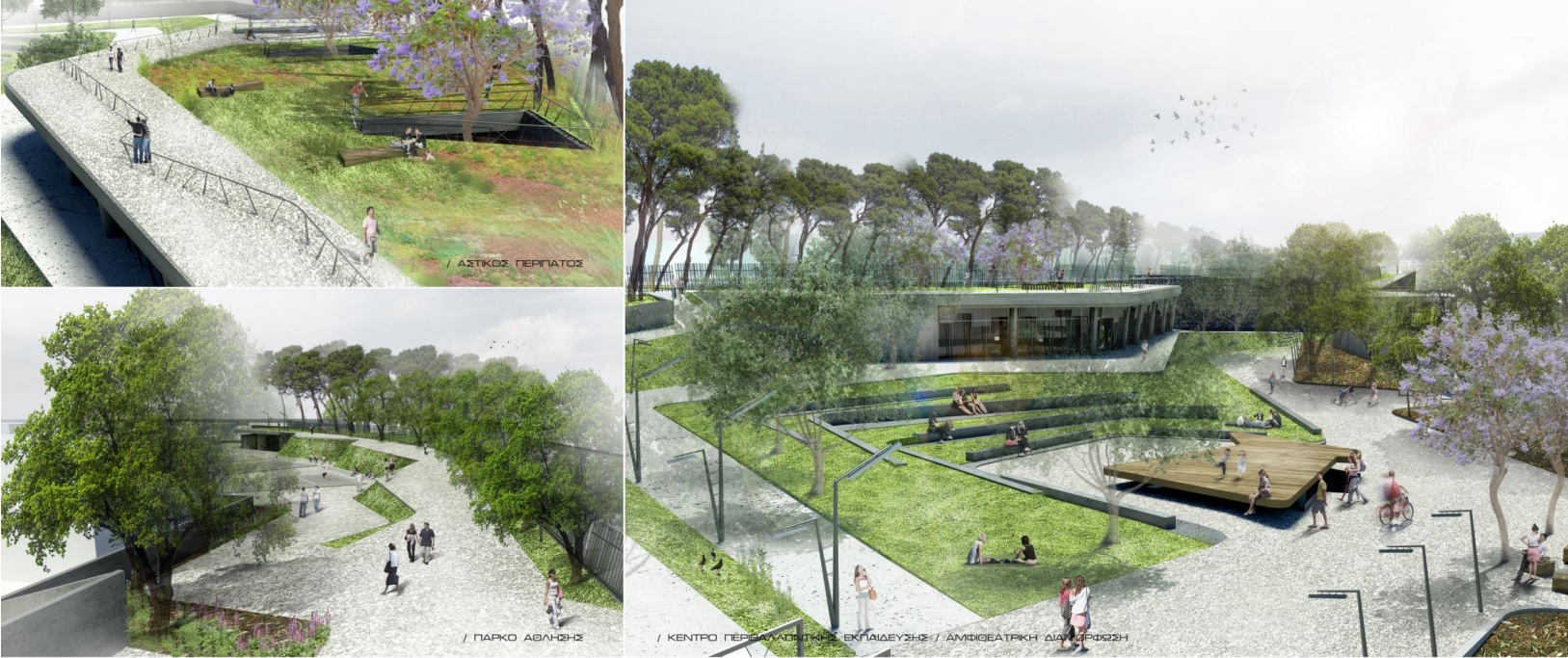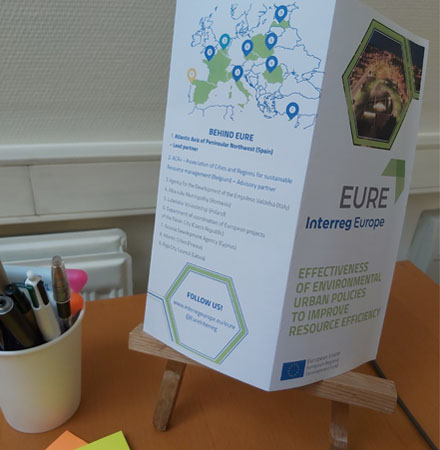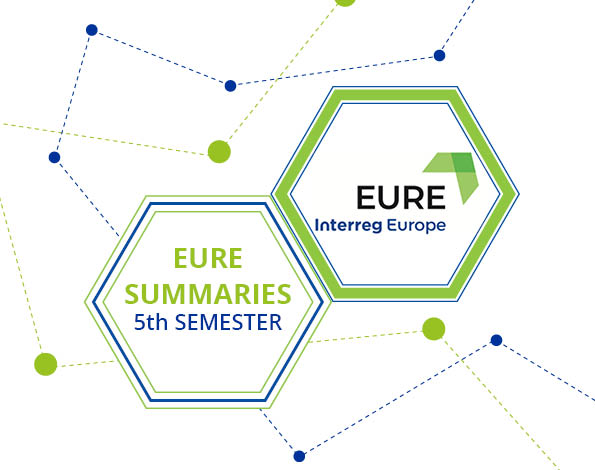Integrated Territorial Investments (ITI) in Poland, designated within the framework of the EU Cohesion Policy for 2014-2020, have been sustained in the new programming period of 2021-2027. During the previous period, ITI were used for implementation of sustainable urban development and referred to functional urban areas of cities, also in the region of Lubelskie. For the new period, regional authorities become decisive bodies in ITI implementation. The Lubelskie region undertook a decision for ITI to be an instrument of support for supralocal partnerships. 17 functional urban areas (ranging from the regional capital city of Lublin to all cities in the county (powiat)) will be eligible for ITI. Among them, 12 cities have been stakeholders in the EURE project.
What is the state of play at present? Local authorities of all 12 FUAs work on their territorial strategies that open the possibility to use structural funds. Nearly half of them are ready for the last step of the process: Evaluation of presented projects by the Managing Authority and deciding on eligibility for funding under the regional Programme European Funds for Lubelskie 2021-2027.
Wojciech Żukowski, mayor of Tomaszów Lubelski, tells us about the work on a territorial strategy for the Functional Urban Area of Tomaszów Lubelski: "This FUA plays an important role in the regional functional area Roztocze - a land well-known for its forests, beautiful landscape and nature. Therefore, about 54% of ITI allocation has been addressed to projects directly supporting nature friendly solutions: energy efficiency of public buildings, PV systems with energy storage, rainwater retention and smart water delivery systems, upgrade of the waste management system. Moreover, also other projects – like green infrastructure in municipal park or bike routes – contribute to greening the city and its suburbs. Our plans of sustainable development go far beyond the Instrument of ITI itself."
The last sentence is very true also for other municipalities. Despite still existing needs in terms of basic infrastructure (sanitation, roads, sport, and education infrastructure), a focus on “green solutions” in strategic thinking about the future of FUA is noticeable.
Andrzej Wnuk, president of Zamość, stresses: "In development policy we constantly refer to the motto “Zamość – ideal city”, not only in terms of cultural heritage, but also in terms of life quality. ITI is an important Instrument for implementation of solutions that help environmental protection in functional area of Zamość. This support will enable implementing projects dealing with the use of renewable energy sources both in the field of heating and electricity production. A very important topic is energy cogeneration which, on the one hand, will ensure reduction of the negative impact of CO2 emissions and, on the other hand, will reduce the costs of current operation. We see ITI as a part – important, but yet a part – of overall policy, that addresses environmental issues. For the years to come, we plan to realize projects which will be dealing with ecological security and adaptation to climate change, as well as preventing floods and droughts, as part of the Integrated Territorial Investments of Functional Urban Areas."
For the UFA of Zamość, another issue is construction and development of nature and landscape tourism infrastructure that is based on renewable energy sources.
Local authorities use different financial sources to make public services more sustainable and thus enhance in people more nature friendly behaviours.
The main focus for the city of Chełm in the new programming period is sustainable urban mobility and green solutions that will help to „de-concrete” the city. – says Jakub Banaszek, president of Chełm – In 2024, citizens of FUA will be using first buses with hydrogen drive thanks to the project that has been supported by the National Fund for Environment Protection and Water Management. In 2023 and 2024, new green areas with infrastructure for recreation will be set up. With the support of UE funds, we plan to carry out revitalisation of municipal park on the Chełm Hill to be enriched with botanic garden and educational playground. The other „green” projects are: leisure and recreation centre in Kumowa Valley, touristic development of water pond “Glinianki” and the redevelopment of Polan Park. There, we plan to set up, i.a., a rain garden, a small retention pond and a pump truck.
The presented examples strongly indicate that strategic planning in the spirit of “green” and “sustainable” is a priority not only to individual towns and their authorities, but the entire urban functional areas.
